

2019-01-29 10:33:00 Tue ET
technology antitrust competition bilateral trade free trade fair trade trade agreement trade surplus trade deficit multilateralism neoliberalism world trade organization regulation public utility current account compliance
Global trade transforms from labor cost arbitrage to high-skill knowledge work. In fact, multinational manufacturers have been trying to create global supply chains that source goods wherever costs and wages are lowest in exchange for product sales wherever aggregate consumer demand is greatest. This macro trend drives global economic growth, helps alleviate poverty outside the OECD trade bloc, and contributes to the recent rise of China. This trend also helps fuel a political backlash in America.
A recent McKinsey study finds that the share of cross-border tradable goods has fallen sharply from 28% to 22% in the past decade. This reversal of fortune partly reflects the political backlash against trade in America. The same trend also shows a key increase in consumer demand in China and several other Asian economies. These countries now buy more of their own goods and also experience substantive improvements in domestic supply chains. Tradable goods decrease as a share of global economic output, whereas, services soar to account for almost a quarter of productivity gains. International trade transforms from labor-cost arbitrage to high-skill knowledge work in R&D innovation and intellectual property protection. This transformation takes place in specialty industries such as information technology, pharma biotech, e-commerce, and social media.
If any of our AYA Analytica financial health memos (FHM), blog posts, ebooks, newsletters, and notifications etc, or any other form of online content curation, involves potential copyright concerns, please feel free to contact us at service@ayafintech.network so that we can remove relevant content in response to any such request within a reasonable time frame.
2019-10-07 12:35:00 Monday ET
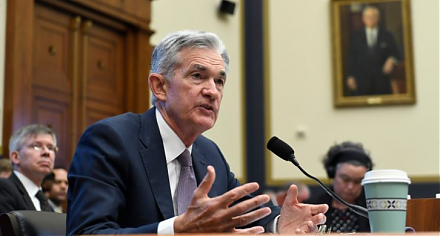
Federal Reserve reduces the interest rate by another key quarter point to the target range of 1.75%-2% in September 2019. In accordance with the Federal Res
2018-10-17 12:33:00 Wednesday ET
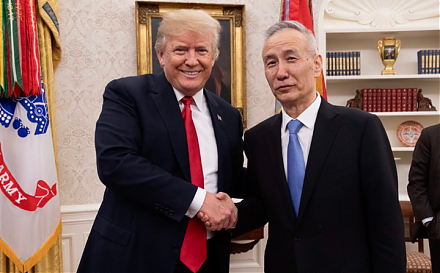
The Trump administration blames China for egregious currency misalignment, but this criticism cannot confirm *currency manipulation* on the part of the Chin
2020-08-19 10:32:00 Wednesday ET

Corporate strategies, portfolio choices, and management memes add value and drive business process improvements over time. Andrew Campbell, Jo Whitehead,
2018-11-27 10:37:00 Tuesday ET
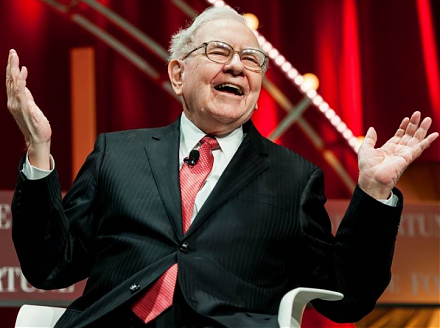
Warren Buffett offloads a few stocks from the Berkshire Hathaway portfolio in mid-November 2018. The latest S.E.C. report shows that the Oracle of Omaha sol
2018-10-01 07:33:00 Monday ET
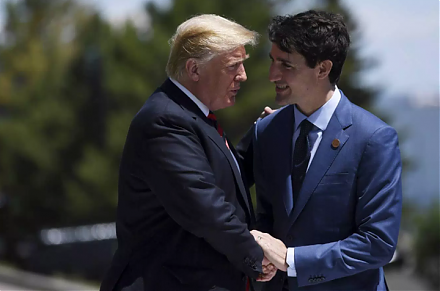
President Trump announces the new trilateral trade agreement among America, Canada, and Mexico: the U.S.-Mexico-Canada Agreement (USMCA) replaces and revamp
2026-01-19 10:30:00 Monday ET
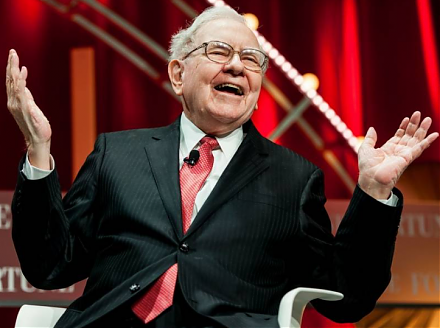
Andy Yeh Alpha (AYA) fintech network platform: major milestones, key product features, and online social media services Introduction